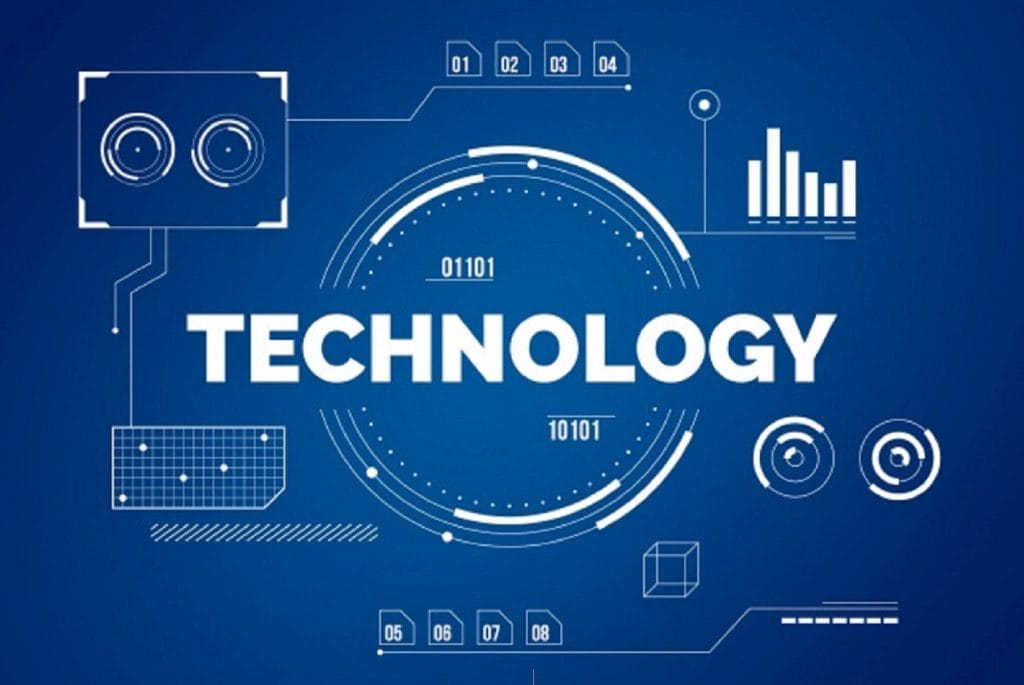The Evolution of Technology: Transforming Our World
July 26, 2024 2025-04-22 10:48
The Evolution of Technology: Transforming Our World
Technology has become an integral part of our daily lives, revolutionizing the way we live, work, and interact with each other. From the early days of simple tools to the sophisticated gadgets and systems of today, the evolution of technology has been a driving force behind human progress. This article explores the journey of technological advancement, its impact on various aspects of life, and the future possibilities it holds.
The Early Days of Technology
The history of technology dates back to the dawn of human civilization. Early humans used simple tools made of stone, wood, and bone to hunt, gather, and build shelters. The invention of the wheel around 3500 BC marked a significant milestone, leading to advancements in transportation and trade.
The discovery of fire, the development of agriculture, and the invention of writing were other pivotal moments in early technological history. These innovations laid the foundation for more complex societies and the eventual rise of civilizations.
The Industrial Revolution
The Industrial Revolution, which began in the late 18th century, marked a major turning point in technological advancement. The introduction of machinery, such as the steam engine, transformed industries and economies. Factories began to replace manual labor, leading to mass production and increased efficiency.
During this period, significant inventions like the telegraph, telephone, and electricity changed the way people communicated and lived. The revolution also brought about social and economic changes, including urbanization and the rise of the working class.
The Digital Age
The 20th century witnessed the advent of the Digital Age, characterized by the development of computers, the internet, and digital communication. The invention of the transistor in 1947 paved the way for modern computers, which became increasingly powerful and compact over the decades.
The launch of the World Wide Web in 1989 by Tim Berners-Lee revolutionized information sharing and connectivity. The internet transformed businesses, education, entertainment, and social interactions, creating a global digital economy.
Modern Technological Innovations
Today, technology continues to evolve at an unprecedented pace, with innovations that are reshaping various sectors:
- Artificial Intelligence (AI) and Machine Learning:
- AI is revolutionizing industries by enabling machines to learn, reason, and perform tasks that typically require human intelligence. Applications range from virtual assistants and autonomous vehicles to predictive analytics and personalized marketing.
- Internet of Things (IoT):
- IoT refers to the network of interconnected devices that collect and exchange data. Smart homes, wearable health devices, and industrial automation systems are examples of IoT applications enhancing convenience, efficiency, and decision-making.
- Blockchain Technology:
- Blockchain is a decentralized digital ledger that ensures transparency and security in transactions. It has the potential to transform industries such as finance, supply chain management, and healthcare by providing a secure and transparent method of record-keeping.
- Biotechnology and Healthcare:
- Advances in biotechnology are leading to breakthroughs in medical research, diagnostics, and treatment. Technologies like CRISPR gene editing, telemedicine, and personalized medicine are improving healthcare outcomes and extending life expectancy.
- Renewable Energy and Sustainability:
- Technological innovations in renewable energy, such as solar and wind power, are crucial in addressing climate change and reducing dependence on fossil fuels. Smart grids and energy storage solutions are enhancing the efficiency and reliability of renewable energy systems.
The Impact of Technology on Society
Technology has had profound effects on society, bringing both opportunities and challenges:
- Economic Growth:
- Technological advancements drive economic growth by creating new industries, jobs, and business models. However, they also pose challenges such as job displacement and the need for workforce reskilling.
- Social Connectivity:
- Technology has transformed how people connect and communicate. Social media platforms, video conferencing, and instant messaging have made it easier to stay in touch with family, friends, and colleagues worldwide.
- Education and Learning:
- Educational technology, or EdTech, is enhancing learning experiences through online courses, digital textbooks, and interactive tools. It provides greater access to education and personalized learning opportunities.
- Privacy and Security:
- The digital age has raised concerns about data privacy and cybersecurity. Protecting personal information and securing digital infrastructure are critical challenges that need to be addressed.
- Cultural and Ethical Considerations:
- The rapid pace of technological change raises ethical and cultural questions. Issues such as AI ethics, digital addiction, and the digital divide require thoughtful consideration and regulation.
The Future of Technology
Looking ahead, the future of technology holds exciting possibilities. Emerging fields such as quantum computing, nanotechnology, and space exploration have the potential to unlock new frontiers of knowledge and capability. However, it is essential to balance innovation with ethical considerations and ensure that technological advancements benefit all of humanity.
Conclusion
Technology has come a long way from the simple tools of early humans to the sophisticated systems of today. It has transformed every aspect of our lives, driving progress and creating new opportunities. As we continue to innovate, it is crucial to navigate the challenges and harness the potential of technology to build a better, more connected, and sustainable world.
Related Posts
The Evolution of Technology: Transforming Our World
July 26, 2024 2025-04-22 10:48Popular Tags






























